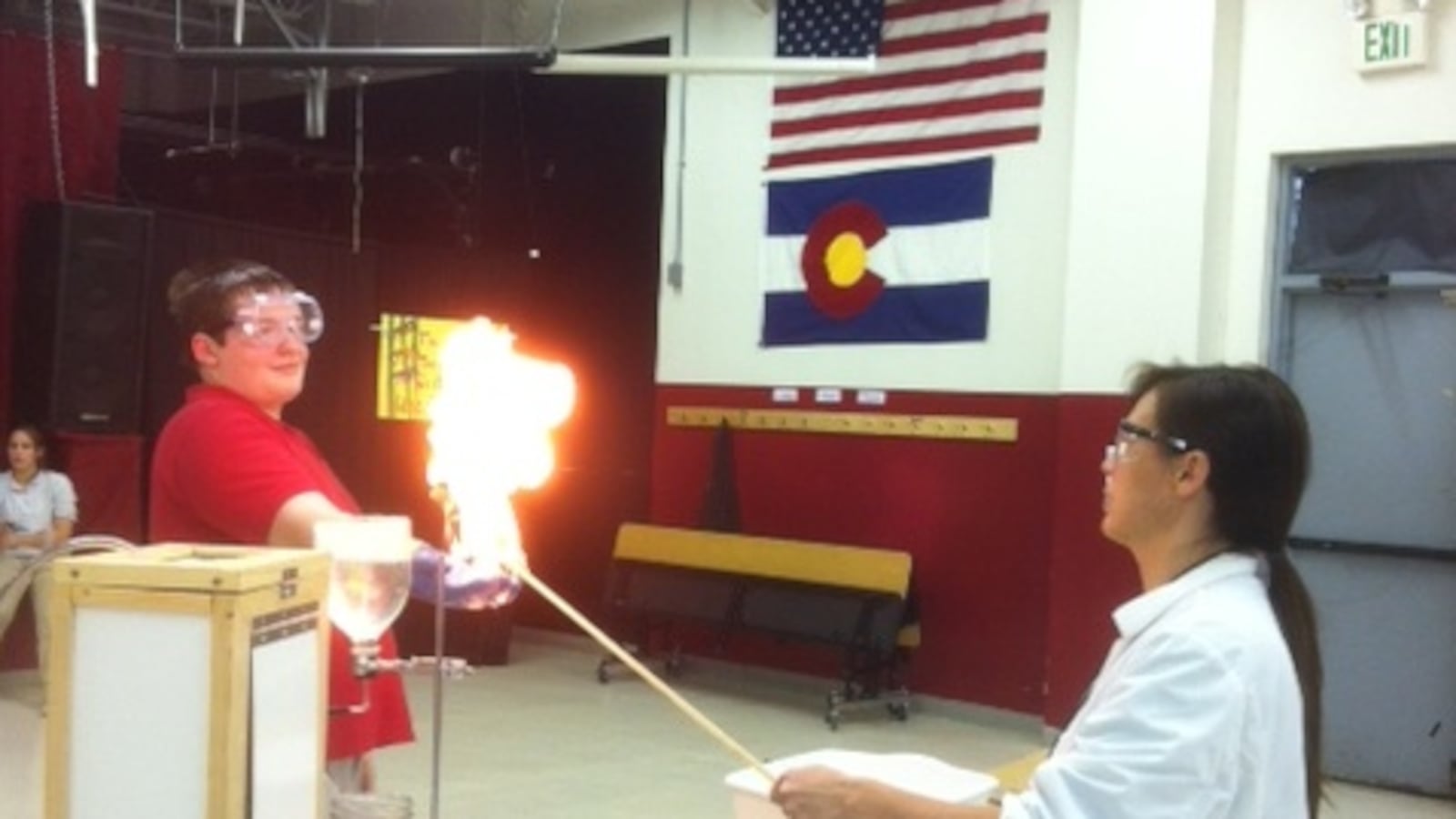Last week, a handful of high schools finished out the year as most city high schools do—with No. 2 pencils and announcements of “time’s up” as they administered the annual Regents exams.
Yet unlike most schools, this full set of Regents may have been their last.
Administrators and faculty members at some schools recently learned they are likely to receive waivers from the state that allow them to drop the math, science, and social studies Regents tests next year and evaluate students using in-depth projects instead. If the waivers are granted, the schools will become full members of the New York Performance Standards Consortium, a group representing the 28 city schools that already have such waivers.
This new group of schools is still waiting on a final vote from the Board of Regents, which will happen later this month. But the fact that some schools have been told by the consortium to expect waivers indicates that the group is close to adding more members—a process that has been in the works for several years.
Officials from the consortium and both the state and city education departments declined to comment on the likelihood of the waivers being granted.
Instead of using state exams, consortium schools evaluate students based on performance assessments that students must defend in front of an audience. (The schools are still required to administer the English Regents exams.) Those assessments include a literary essay, science experiment, and a math project.
Some of the schools seeking waivers have already adopted performance assessments alongside the Regents. These schools have been waiting for this vote for years; if the waivers pass, they will no longer have to juggle both types of assessments.
The consortium, which could grow by almost 40 schools if the Board of Regents gives a final green light to all the waiver candidates this month, has high-level supporters. De Blasio has voiced support for performance assessments, and both the teacher’s union and the city’s Department of Education have in the past lobbied the state to distribute the waivers.
But critics of the consortium’s assessment model say that allowing some schools to use different types of assessments makes it difficult “to compare schools to one another, to make sure that all schools reach the same high standards,” according to Eric Nadelstern, a former deputy chancellor under Mayor Bloomberg who himself supports the waivers. Nadelstern was the founding principal at the International High School at LaGuardia Community College, which is currently part of the consortium.
Alan Cheng, the principal at City-As-School High School, which already has a waiver, said the alternative assessments have been a valuable experience for his students.
“It’s one thing for students to take a standardized exam and to show they recall certain kinds of facts; it’s another thing to be able to stand in front of community members, parents, experts in their fields that are able to give them feedback,” Cheng said. “They have to demonstrate what it is that they know.”
Even with the addition of new schools, consortium members only represent a tiny fraction of the city’s more than 400 high schools.
The current and potential consortium schools are all small in size, and several belong to the Expeditionary and Internationals schools networks. Expeditionary schools often partner with Outward Bound, which focuses on getting students learning outside the classroom. Internationals schools serve students who have lived in the United States for four years or less.
At the Kurt Hahn Expeditionary Learning School, students have been creating portfolios alongside Regents preparation since the school was founded seven years ago. Upon learning a few weeks ago that his school could soon be exempt from most of the state exams, Principal Matt Brown felt both “incredibly excited” and “healthily intimidated.”
“It’s a lot of work,” Brown said, “but it’s good work and we feel glad to do it.”
Correction: The story has been updated to refer to the schools’ alternative assessments as performance assessments, rather than portfolio assessments.
Want the latest in New York City education news? Subscribe to our Rise & Shine newsletter.

